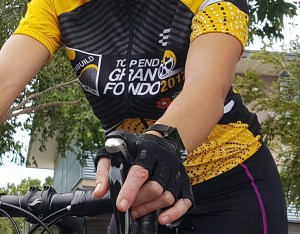
As a Kinesiologist a large part of my work with clients includes looking at the emotional aspects of the issue at hand.
Often the word to describe the emotion is very specific. Last week I was working with a lady who needed more “joy” in her life. I had been testing “happiness”, which we had considered as the same, but “joy” definitely tested as the correct word.
There are subtle differences between the two feelings.
Happiness and joy are closely related and frequently occur simultaneously. They both bring feelings of contentment, pleasure and satisfaction, but the reasons for these feelings are where differences lie.
Happiness is an outward expression of bliss and elation and comes from material things and earthly experiences, for example good food or company. Whereas joy is a more inward experience of peace and contentment, from spiritual experiences like feeling connected to a god or people. Joy requires an ongoing process of living a moral, more selfless lifestyle, caring for others and expressing gratitude on a regular basis.
Because happiness is based on outward circumstances, it is often more fleeting. Whereas joyfulness takes longer to cultivate, it is a stronger, longer term state less influenced by life’s ups and downs.
It’s worth your time, effort and energy to cultivate more happiness and joy in your life. There are health benefits, including; stronger immune systems, lower heart rate and blood pressure, fewer aches and pains and longer life spans.
Here are some simple hints to integrate more happiness and joy in your life. Read More…
















